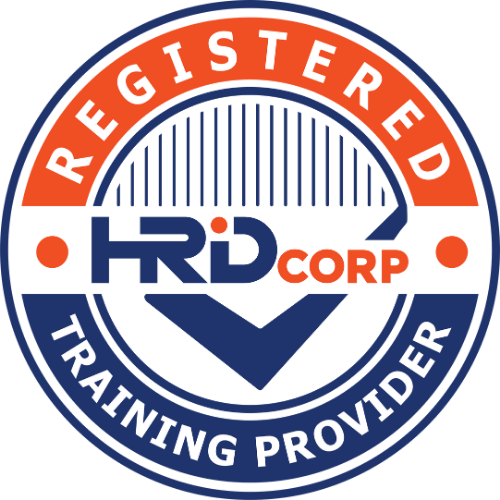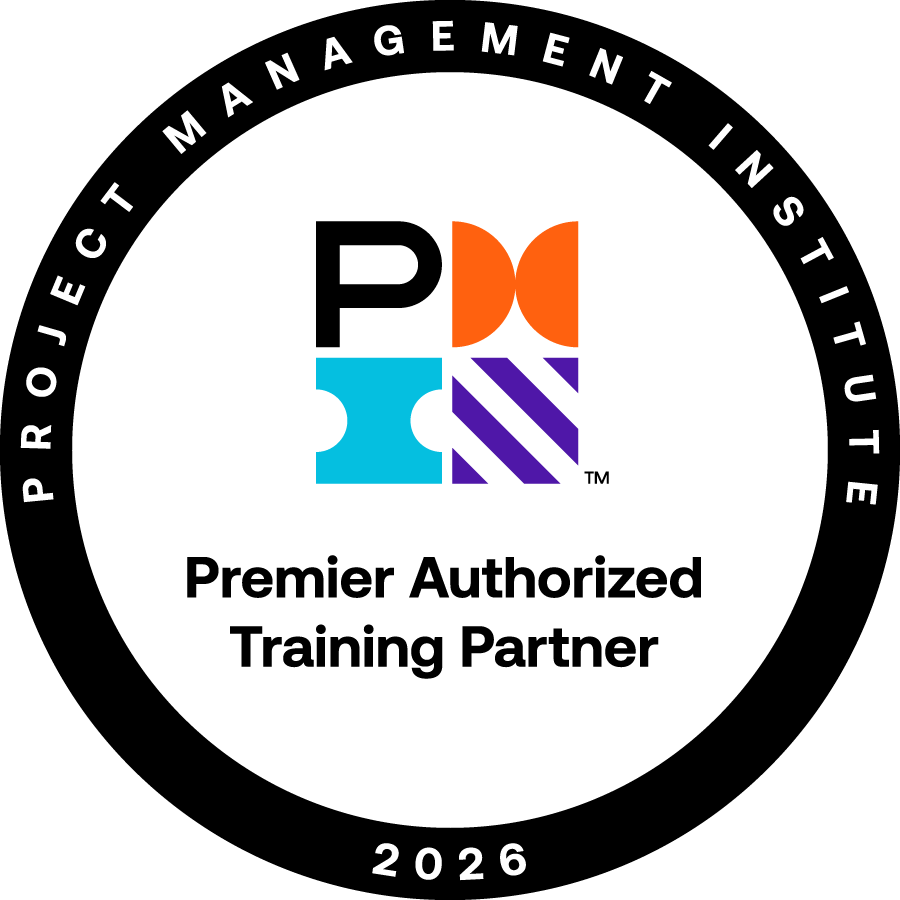Agile Way of WorkingCoaching

Agile coaching in Malaysia is gaining traction as organizations increasingly recognize the benefits of agile methodologies. It involves a wide array of services that cover team and enterprise coaching, which help organizations adopt and scale agile practices. This is done through agile transformation strategies based on agile maturity assessments.
Many organizations exist in business environments that are becoming increasingly turbulent. Such organizations recognize the need to be increasingly agile and to develop key skills required to facilitate this change. The need to navigate cultural shifts, adjust processes that are better aligned to agile methodologies as well as overcome resistance to change is crucial.
Sharma Management International focusses on facilitating a shift from traditional ways of working to agile ways of working. It has done so for several non-IT based organizations that require guidance in understanding and correctly implementing Agile practices.
We partner with Denison Consulting USA, a company that specialises in cultural transformations to facilitate the required cultural shift. This is done through a series of phases that starts with a diagnosis of the existing culture and establishing specific cultural shifts required to increase the level of agility. Sharma Management has done this for several organizations in Malaysia.

Minimizing resistance to change starts at the very top. Getting the buy in from senior management for structural, operational and cultural changes to manifest is requires considerable experience. Convincing organizations to realign their processes to be better aligned with agile methodologies requires process-based expertise. Having undertaken leadership alignment and with the experience we have acquired in tailoring existing processes to enhance agility we are very well suited to provide Agile Way of Working Coaching.
Having promoted a mindset of continuous improvement and encouraging teams to reflect on how to internalize agile principles in their existing way of working is a testament to our ability to initiate such agile transformations. For enquiries on how we can identify cultural shifts required, provide a convincing argument for the need to be agile and propose process changes better suited to agile practices click on the link below.
Facilitating a shift in culture

The Denison Organizational Culture Survey results is communicated to all relevant stakeholders, including senior management through a leadership alignment session, to encourage feedback regarding the basis of the findings and to understand concerns and seek suggestions. Based on the findings, through close collaboration with the client, a strategic plan to establish clear, measurable goals that indicate how a higher degree of agility is established. This is formulated in the form of an action plan with the engagement of leadership teams and designated change agents.
For the culture shift to be sustained, it is imperative that change agents be identified and be empowered to initiate improvements. These improvements relate to fine tuning the overall mission, enhancing organizational adaptability, improving employee involvement as well as intensifying internal systems and mechanisms to ensure consistency. These teams are trained on iteratively improving existing work processes and monitoring the results retrospectively on an ongoing basis using an agile methodology that gradually uncovers better ways of working. They do this regularly by engaging employees at all levels in the process to ensure buy-in and ownership of the change.

After around six months, a pulse survey is undertaken to determine the effectiveness of the actions undertaken. Based on the pulse survey results, the progress towards becoming increasingly agile is monitored. Necessary adjustments are made when required. This feedback mechanism is a critical component that ensures the gradual transition towards an agile way of working is on track.
Using an agile approach to undertake changes required and to monitor the progress imbeds a sense of continuous improvement that will ultimately reinforce a culture that fosters continual improvement in accordance with agile principles.
by,
Sharma Management International






